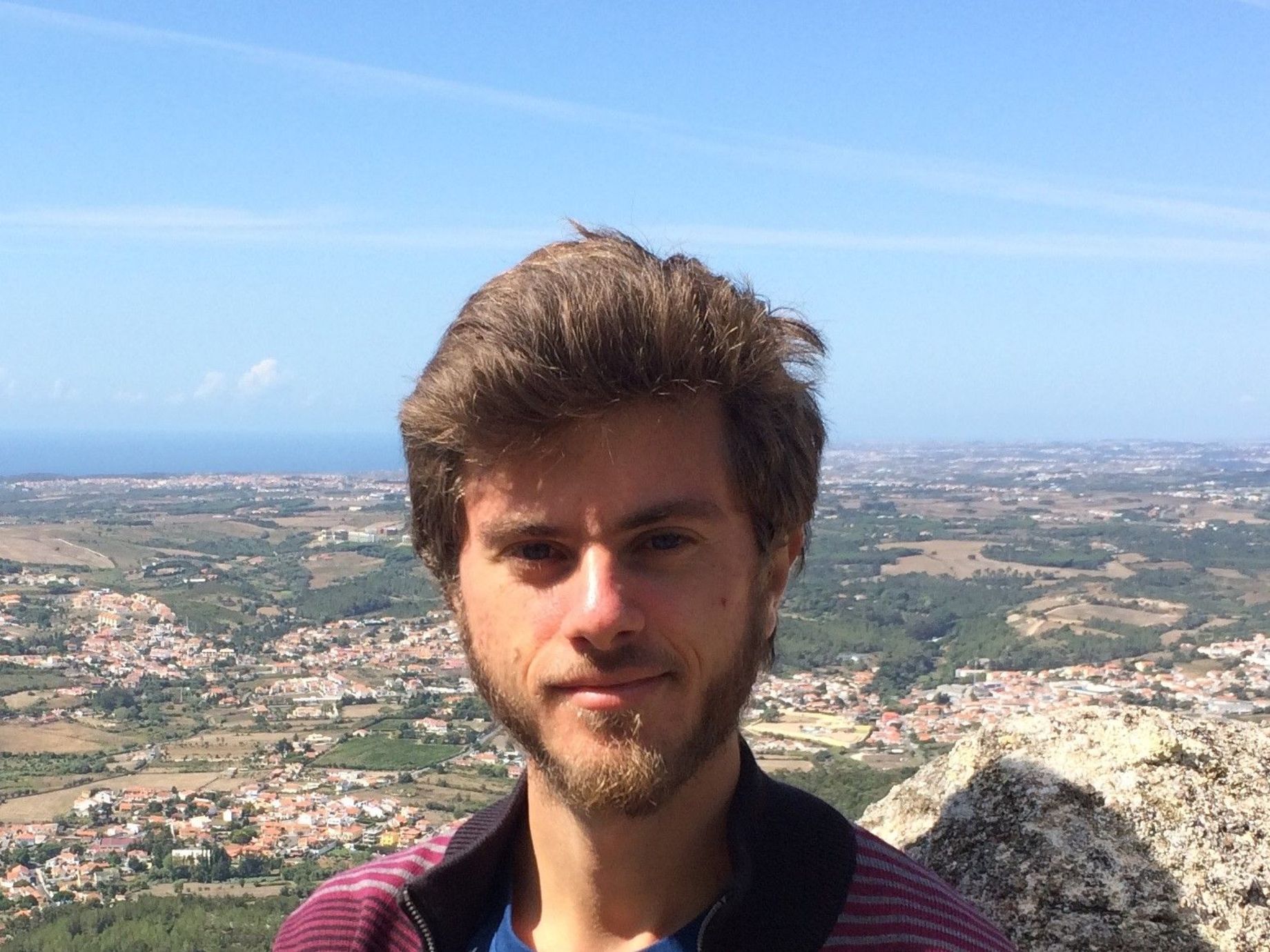Ukraine’s Executed Renaissance: Fragmentation of the Literary Self in Early Soviet Culture
Bohdan’s project explores the fragmentation of subjectivity in Soviet Ukrainian modernist works of the 1920s and the early 1930s. The writers and artists of this generation (the ‘Executed Renaissance’) were not only physically exterminated en masse during Stalin’s Great Terror; they were also culturally and intellectually effaced for decades. Ukrainian modernism reflected the mutable political landscape and identity confusion of the 1920s-30s in the Soviet Union. Bohdan investigates how Ukrainian modernist texts articulate multiple and overlapping identities: national, Soviet, Communist, subjective. Through the analysis of literary works and other published and archive materials, he scrutinises the authors’ strategies in subverting the imposed unitary self-image of the Soviet regime and the construction instead of multiple identities. Ukrainian literature provides a fascinating case study, where the formal characteristics of modernist writing are inextricably linked with considerations of nation-building and the competition between nationalist and socialist projects. While Ukraine can serve as a prism for the study of the dynamics of nationalism and competing identities, the Ukrainian modernist literature of the 1920s and the 1930s is a prism of a kind too, one that reveals the shifting political identities in early Soviet culture and twentieth-century Ukraine.


